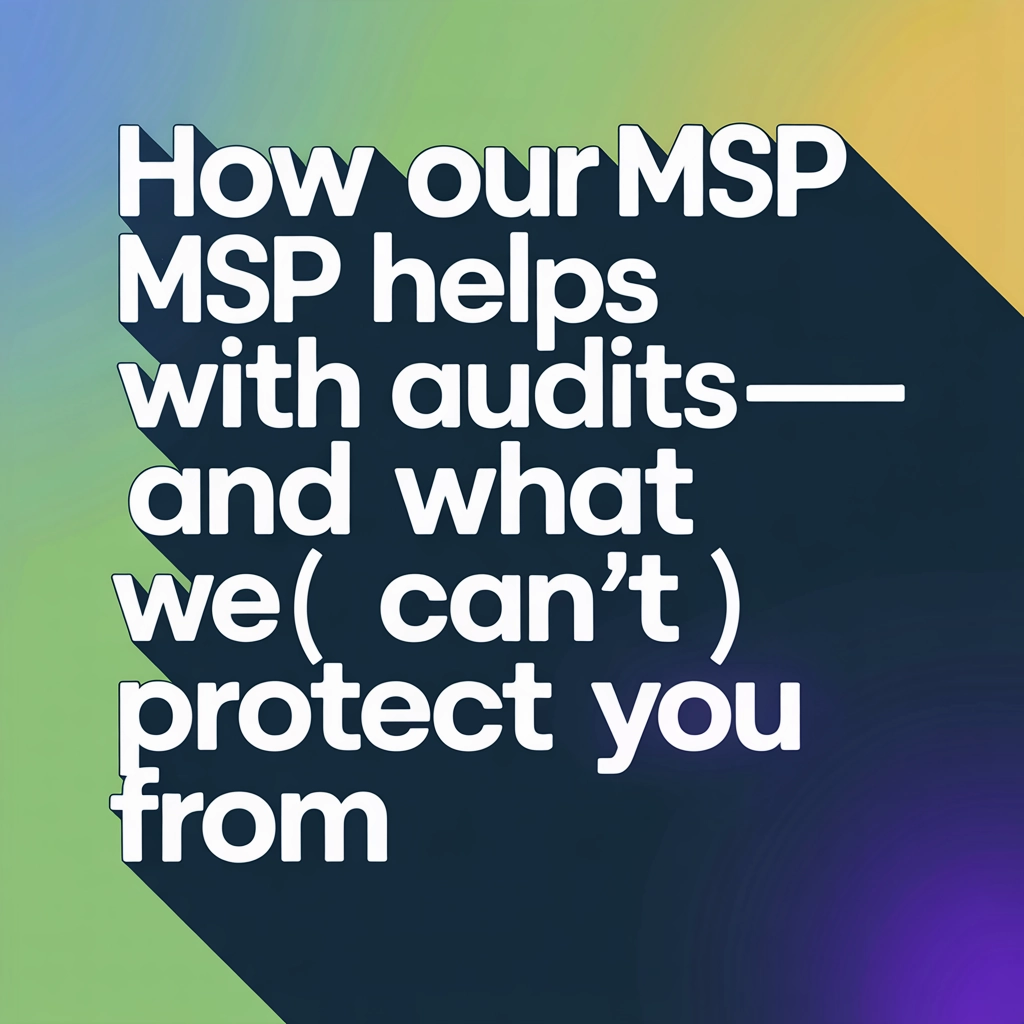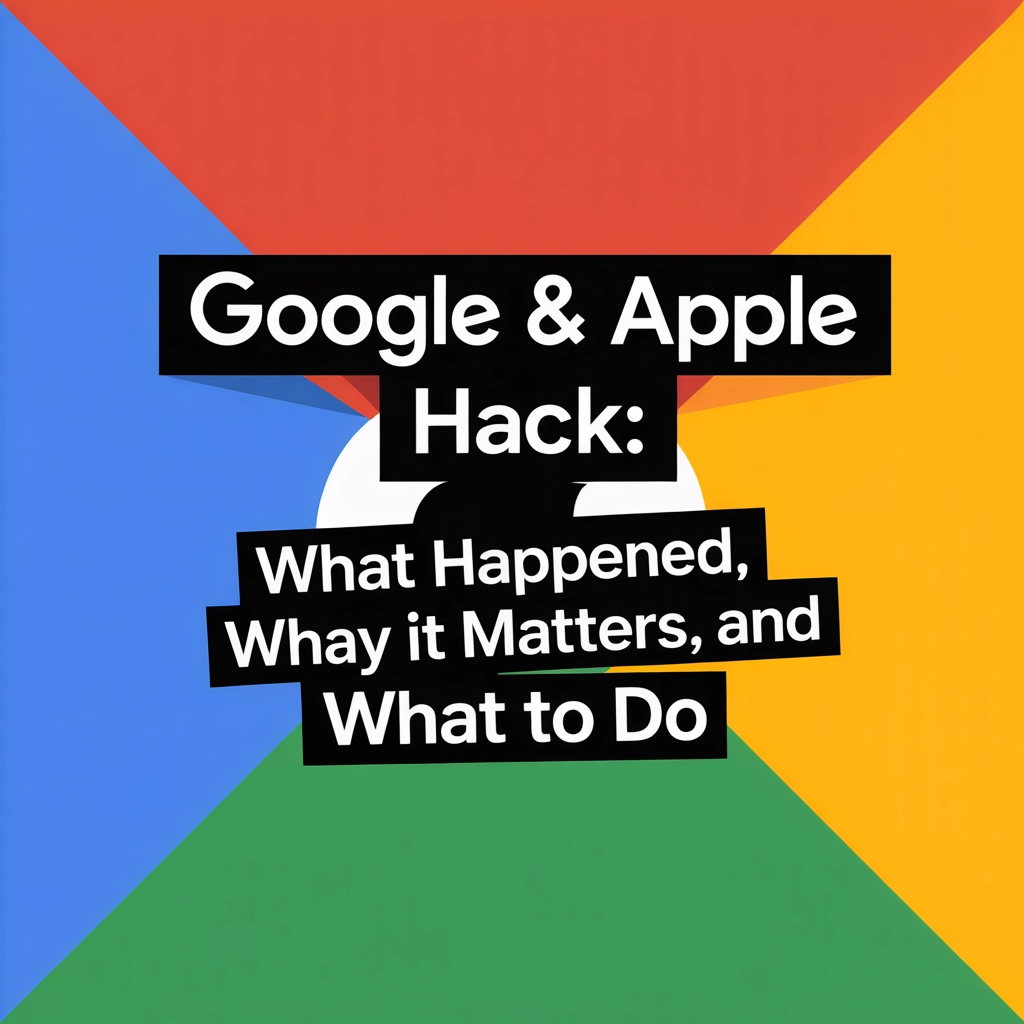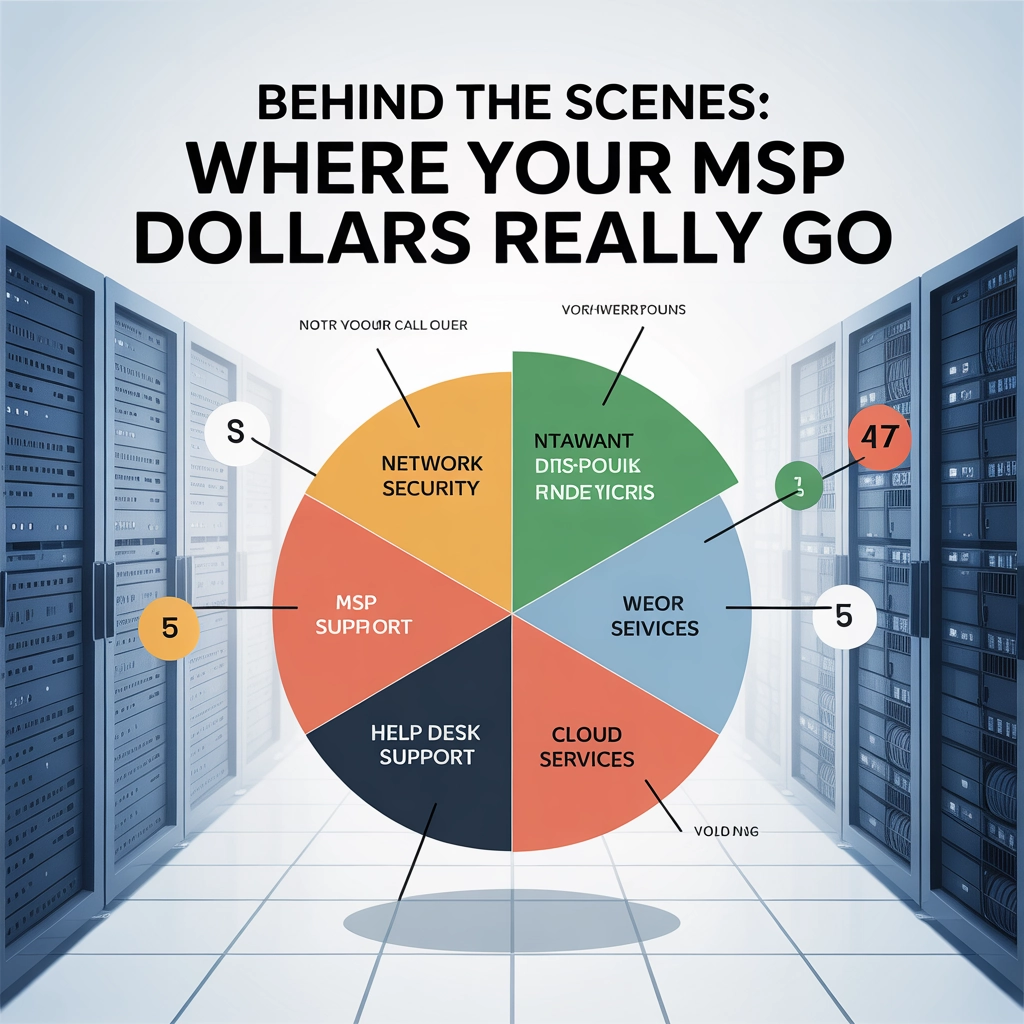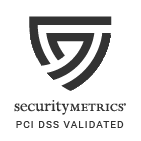The term hacked is a widely thrown around term. One that many people use when they have not in fact been compromised. Here are a couple of mistakes you can make that could lead to your data being leaked or accounts being compromised.
Using the same passwords in multiple places – Yes. This one is legitimate. Let’s say you use the same password for your email and Website A. Pretend Website A gets breached and somehow the hacker gets access to your plaintext (human readable) password. Guess what they now have! Your password and your email. This means they can now log into your account and wreak havoc!
Not being able to recognize phishing emails – So what happens when someone gets into your email? Well, pretty much anything could happen. But one thing that could be would the hacker would then send a link to your contacts directing them to a phishing page, looking to get more credentials. Because this email is coming from “you”, your contacts are more likely to log into this fake page. Learn to spot these. Example. If you click a link and the page looks like Facebook but the url isn’t on the Facebook domain, IE: facebook.com/, then it’s probably fake. On the opposite end, don’t be that person who thinks everything is phishing, as you’re likely to miss out on quite a few legitimate emails this way. Hone in!
Using non-secure pages on a public network – You know how you’re surfing the web and you see the little lock or https? That means the website is transmitting any input over an encrypted channel, making it much harder to listen in on. If you’re on a site that’s asking you for any data (other than maybe your email and name for a mailing list) and it doesn’t have the lock or https, probably best to avoid either altogether or wait until you’re safe at home on a network you trust. What happens when there’s no lock, is that any input is transmitted in plain text and anyone can intercept it! Great way to intercept logins or personal data. Now this isn’t to say you shouldn’t use public networks, just make sure the sites you’re using are secure.
Not using a password manager – Password managers like NordPass (included in our Worry Free Support) can help you avoid many common password mistakes. Forgetting and reusing passwords being two major ones. Reusing passwords is a definitive way to put yourself at risk of breach.
Can we help? Of course! Reach out for a free consult!
Share this:
- Click to share on Facebook (Opens in new window) Facebook
- Click to share on Tumblr (Opens in new window) Tumblr
- Click to share on X (Opens in new window) X
- Click to share on Pocket (Opens in new window) Pocket
- Click to share on Pinterest (Opens in new window) Pinterest
- Click to share on LinkedIn (Opens in new window) LinkedIn








